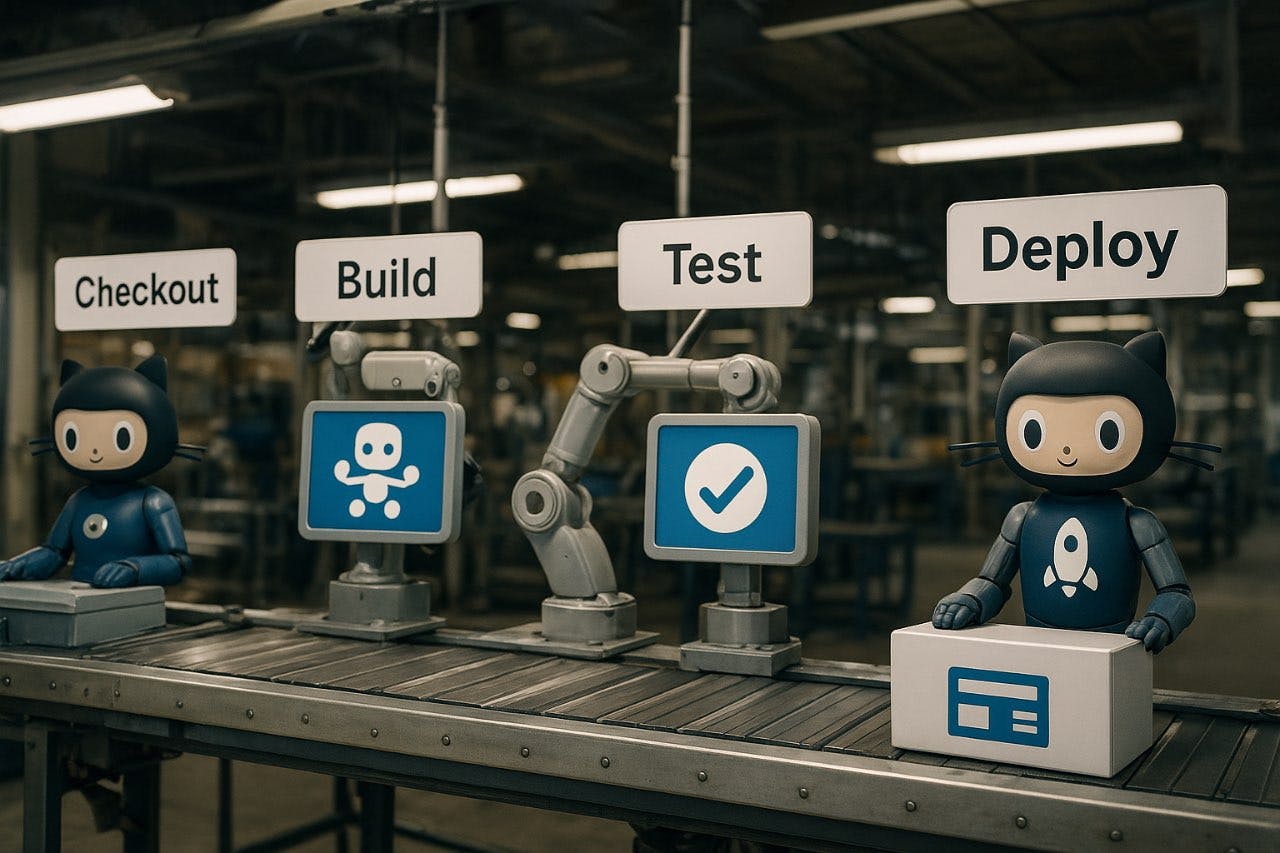A Seattle startup is developing a processing chip that is predicted to be orders of magnitude more energy efficient than today’s semiconductors while integrating seamlessly with existing computing infrastructure.
TriMagnetix uses nanomagnetic technology that requires only electrical pulses rather than the constant power stream needed by traditional chips, dramatically reducing electricity consumption and heat generation. The company recently raised a $200,000 investment from climate venture fund SNØCAP.
The startup aims to provide a more sustainable chip solution as the AI boom drives unprecedented demand for the semiconductors powering AI operations. Energy consumption at chip-packed U.S. data centers is expected to more than double within a decade, while these facilities also consume massive volumes of water for cooling.
The Trump administration on Wednesday announced efforts to bolster America’s leadership in AI, including plans to dismantle environmental protections that it argues can slow data center construction.
So why isn’t there a widespread scramble to build and deploy nanomagnetic processors to address some of these challenges?
“What we’re doing is a totally different paradigm,” said Madison Hanberry, TriMagnetix’s co-founder and chief of research and development, adding that there are “intellectual barriers, capital barriers. And companies that are specialized in semiconductor devices, it doesn’t make sense for them to go after this technology right now.”
The processing chip sector has experimented with and adopted new strategies for boosting performance, including FinFET (Fin Field-Effect Transistor) and Magnetoresistive RAM technologies. An article last year in the journal Nano Futures explored wide-ranging computing solutions, including nanomagnets.
“The time is ripe to lay out a roadmap for unconventional computing with nanotechnologies to guide future research,” the authors wrote.
Back in high school, Hanberry became interested in the concept of spintronics, which combines electronics and magnetics. As an undergraduate at Georgia State University, he joined a research lab led by Alexander Kozhanov and delve into nanomagnetics. Kozhanov, now an associate research professor at Duke University, is an advisor to the startup.
In 2023, Hanberry launched TriMagnetix, so named for the company’s chip design using nanomagnetic triangles. His sister, Aspen White, is co-founder. There are three other software engineers working for the company. other three members of the startup are software engineers who asked not to be named as they’re working for other employers.
To advance its work without investing in prohibitively expensive fabrication equipment, TriMagnetix has contracted with the Washington Nanofabrication Facility at the University of Washington. The facility provides access to specialized machinery and technical support needed to build a prototype, which Hanberry expects to complete within six to eight months.
“One barrier that silicon startups have is that everyone associates them with an incredibly high infrastructure cost… We want to show that we can do that on an incredibly small scale,” Hanberry said. “We want to show that it’s possible and reliable for companies to do that with fewer resources.”
Jonathan Azoff, a co-founder and general partner at SNØCAP, sees promise in the startup’s approach and technology.
“TriMagnetix’s breakthrough technology means more compute doesn’t have to also mean more energy,” Azoff said via email. “While corporates are resolved to co-locating nuclear reactors next to data centers, we’re investing in a smarter and more efficient pathway, going back to first principles and rethinking compute from the ground up.”
The company envisions multiple applications for the chips beyond data centers. The technology resists radiation damage, making it valuable for aerospace applications. Because the chips generate minimal heat unlike traditional semiconductors, they could be ideal for powering wearable electronics such as VR and AR headsets, Hanberry said.










